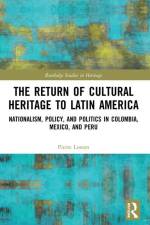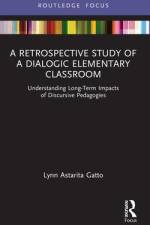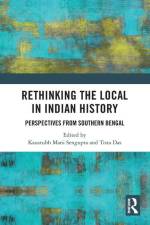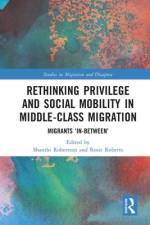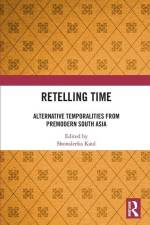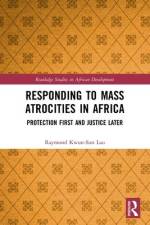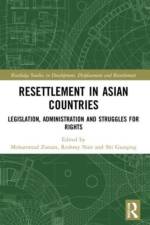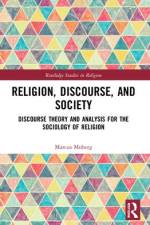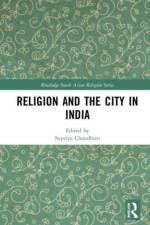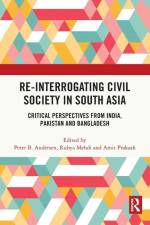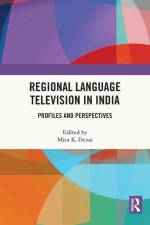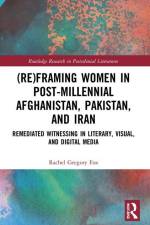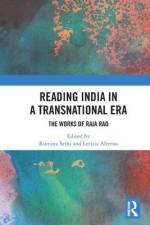av Shonaleeka Kaul
625,-
Retelling Time challenges the hegemony of colonial modernity over academic disciplines and over ways in which we think about something as fundamental as time. It reclaims a bouquet of alternative practices of time from premodern South Asia, which stem from worldviews that have been marginalized.These practices relate to a range of classical and vernacular genres including aläk¿ra, therav¿da, yoga, r¿makath¿, tasawwuf, ¿y¿räga, pur¿¿a, trik¿-tantra, navya-ny¿ya, pratyabhijñ¿, carita, k¿¿¿y¿¿¿am and mägala k¿vya. These represent multiple languages such as Sanskrit, Persian, Pali, Prakrit, Awadhi, Malayalam, Kannada, and Bengali, as well as diverse streams, from Hinduism, Jainism, Buddhism, and Sufi Islam to logic, yoga, tantra, theatre, and poetics. Retelling Time questions the modern Eurocentric belief in an empty, homogenous, abbreviated, secular and irreversible time. It proposes instead that that premodern South Asia invested time with cultural function and value, which ranged from the contingent to the transcendent, the quotidian to the cosmic, the fleeting to the eternal, and the social to the spiritual. Accordingly, time was reworked --- stretched, melded, collapsed, recursed, rolled over, and even extinguished. Sacred, social, aesthetic, scientific, fictional, historical, and performative South Asian traditions are seen here in conversation with one other, mediated by an ethical paradigm. Their collective challenge is to decolonize our ways of knowing and being.This book will be of interest to scholars of South Asian history, philosophy of history, anthropology, literature, Sanskrit, post colonial studies, cultural studies, studies of temporality and of the Global South.



